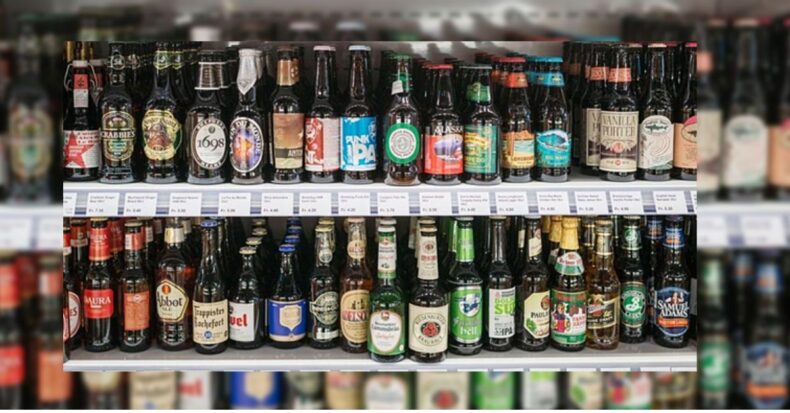The Covid-19 lockdown and four restrictions on alcohol had already decimated over the last seventeen months.
BASA has expressly raised excise tax issues which are not to be applied equitably to all drinks from alcohol.
“One of the principles of excise duties is to prevent dangerous products from being consumed.
BASA stated, therefore, that there must be a separation of beer from other alcoholic beverages with greater ABVs from low alcohol volume (ABV) beverages of 2.8% or 6.0% alcohol.
“The beer business also has shown a significant purpose to further reduce the alcohol level in their products by introducing non-alcoholic beer and low alcohol.”
The committee also noted that alcoholic beverages based on drink and alcohol strength are a regular practice in many other nations.
Spirits per litre of pure alcohol, including Australia, Canada, are charged higher than beer for example, in several OECD countries, namely Switzerland, France, Sweden, Spain, Norway, Portugal, Mexico, Netherlands, Ireland, Israel, Finland, Denmark, Iceland, New Zealand, and the United Kingdom.
Clients and investors pay:
BASA stated that year-on-year rises in excise duty were much higher than inflation over the last five years, thus contradicting the government’s own rules on excise policies — an accumulative 17.23% deviation.
The Heineken South Africa stopping projects for investing R6 billion in constructing a new plant in the Kwa-Zulu Natal and South African breweries that have decided not to invest in an R5 billion manufacturing plant in South Africa has had a negative influence on investor mood.
The consumer also ultimately absorbed these higher inflation rates. It said.
Consequently, citizens who find legal products too costly buy cheaper illegal products that are hazardous to their health and taxes.
“Since the lock-in commenced in March of last year, there has been a further increase in 22 percent of all the sales of alcohol, resulting in a fiscal loss of R11,3 billion.”
Small companies:
BASA has indicated that approximately 200 smaller craft breweries within the beer sector have gotten zero financial assistance from the government, although forced to close for 161 days since March last year.
Small and Micro Enterprises (SMMEs) are not adequate under present taxation legislation.
The existing fiscal legislation does not fully recognize or allow for excise duty reduction to support economic growth and job creation to Small, Medium and Micro Enterprises (SMMEs).
BASA believes that the government must grant a degree of excise reduction for craft brewers.
It was stated that more prominent companies in the industry should also be encouraged to promote and expand craft brewing as a critical job generator utilizing tax relief.
“BASA calls on the government to consider retaining the present excise tax rate or below inflationary growth in the budget speech of next year to safeguard the long-term existence of the beer business, which supports over 450.000 livelihoods.
BASA will write to Finance Minister Enoch Godongwana, calling for a conference on the detrimental effects of excise taxes and the new tax legislation recognizing the reduced alcohol production and encouraging the growth of SMEs such as craftsmen.”













